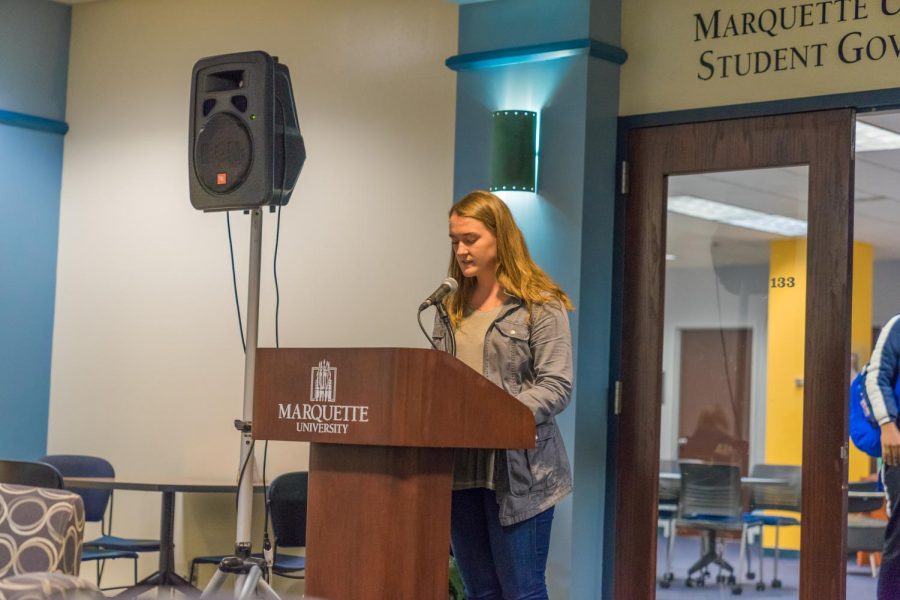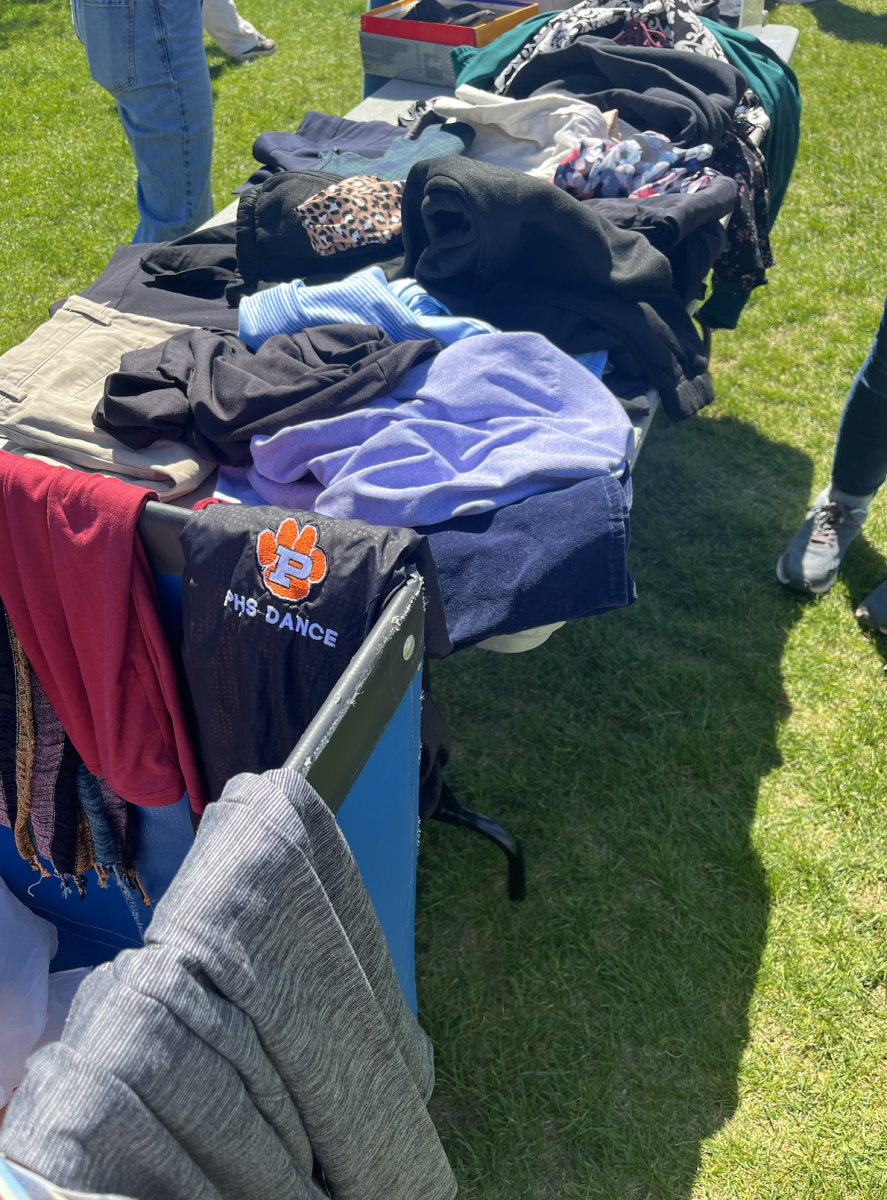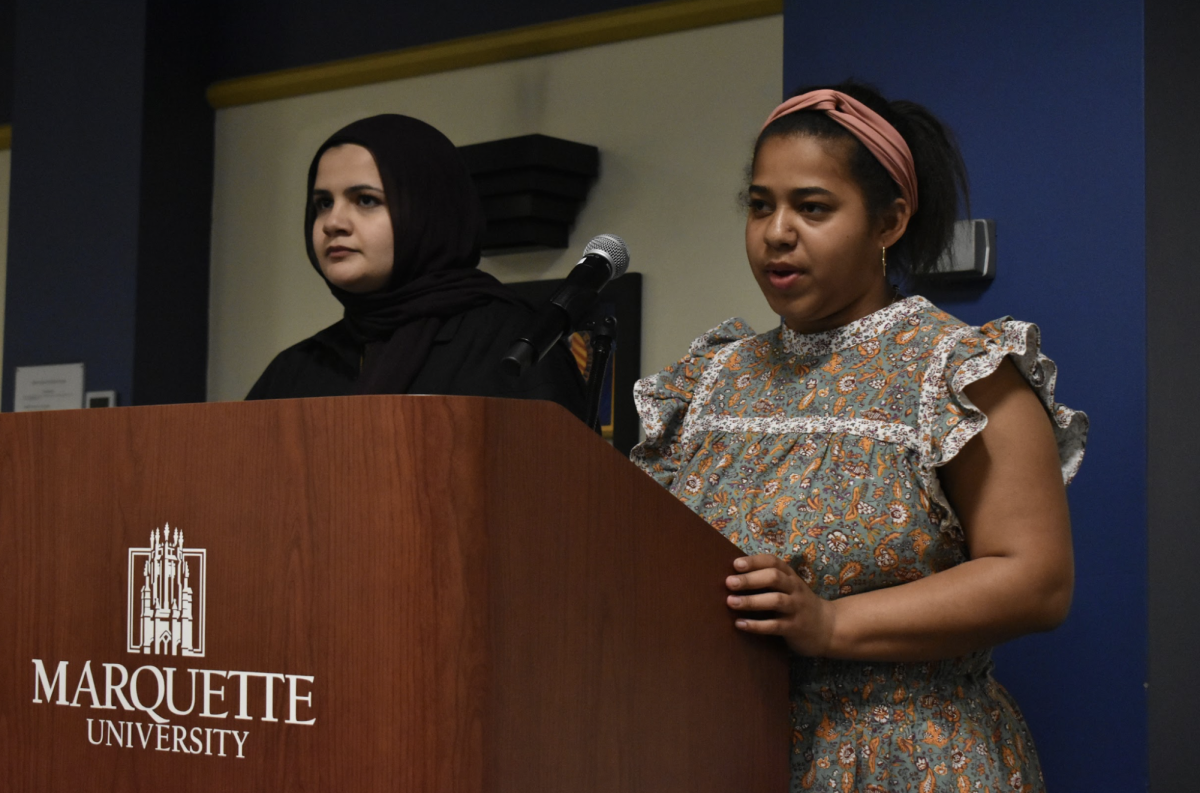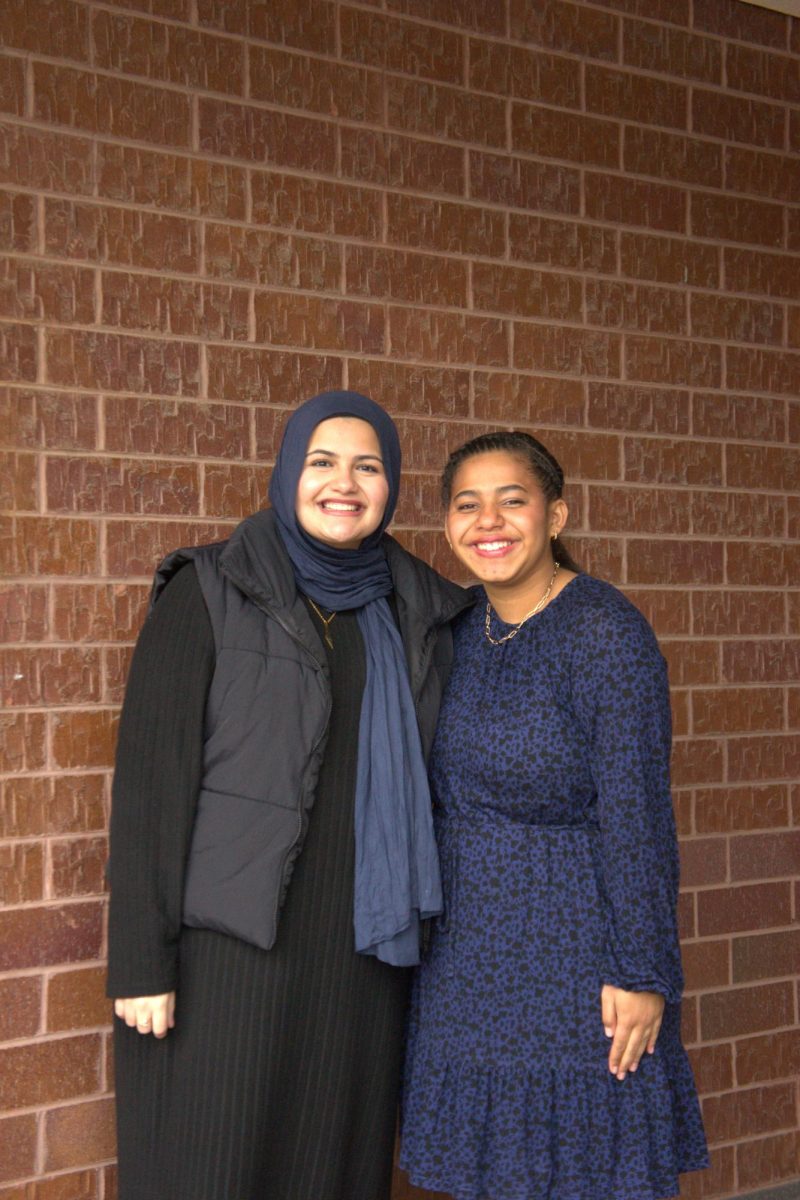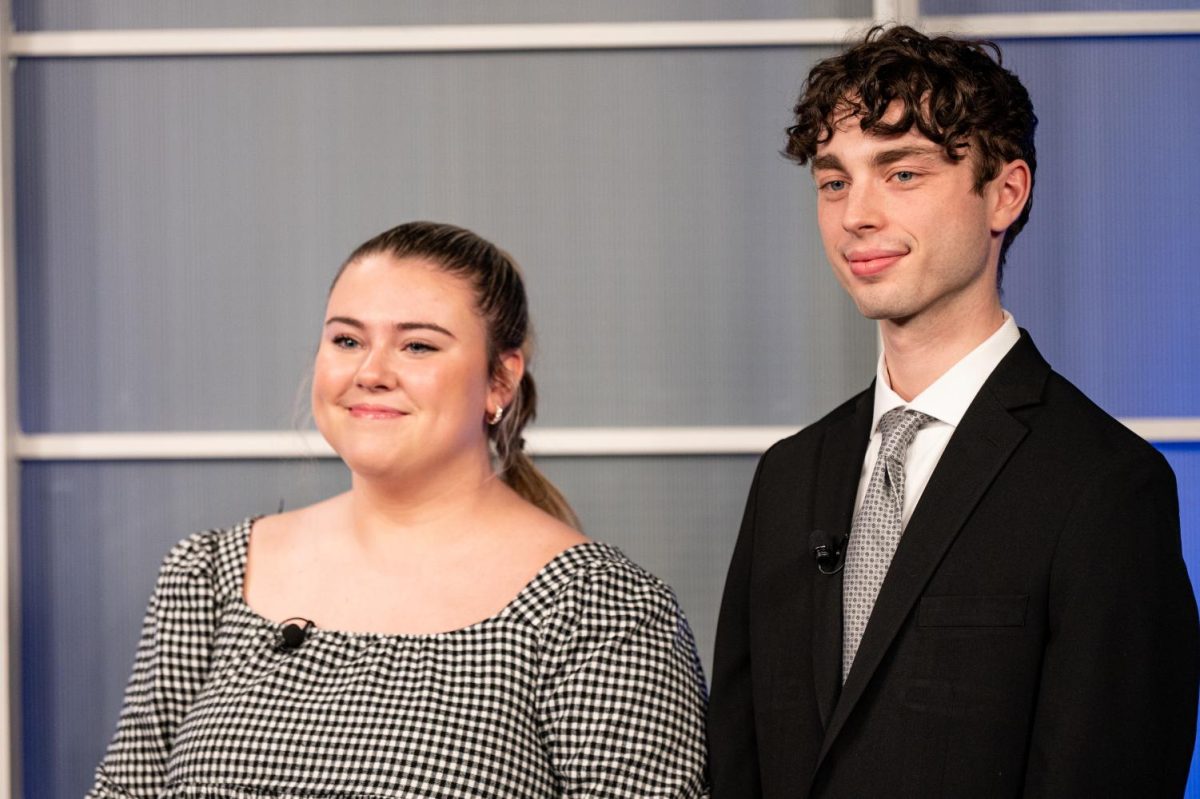 As reported on today’s front page, MUSG is postponing its general election for president and executive vice president just a week after fumbling the primary election as well. The two elections were delayed for different reasons, but both threaten to perpetuate the same sentiment from students: apathy.
As reported on today’s front page, MUSG is postponing its general election for president and executive vice president just a week after fumbling the primary election as well. The two elections were delayed for different reasons, but both threaten to perpetuate the same sentiment from students: apathy.
The primary election, which had to be redone two days after the first attempt because of an error with the Involvement Link voting system, was not the first time MUSG used Involvement Link for an election. Meanwhile, though we understand MUSG campaign rules, the campaign violation that caused the new delay is small enough to be committed by any ticket in any election, and it will likely not be seen by students as enough of a reason to push back the election.
While perhaps necessary, the delayed election inhibits the development of a positive opinion among students about MUSG’s relevance and effectiveness. The botched electoral process cannot possibly help change minds and cure apathy, though a change is desperately needed.
MUSG and its members work extremely harder on behalf of the students, and with $30 per semester from every student under its allocation, students have a stake in its activity. However, considering recent events, MUSG needs to work to engage with the student body.
The second primary election had 17 percent voter turnout. It is unfortunate that 83 percent of Marquette’s student body did not feel the need to take the time to vote last Tuesday, but when most students do not feel as though enough of MUSG’s decisions affect their lives at Marquette, they are not necessarily to blame for the general apathy toward student government on campus.
Voter apathy is a problem in most elections, from student government to city, state and national politics. Turnout among voters for a national presidential election has not been above 60 percent since 1968, and it has dipped below 51 percent twice since then. Turnout among registered voters has never been above 63 percent since registration data became available in 1960.
On the national level, while still problematic, apathy can be understandable. People working upwards of 45 hours a week, focusing on paying bills and taking care of a family do not necessarily have time to inform themselves about every political issue, especially given the perceived lack of effectiveness in Washington, D.C., and the widespread feeling that politicians are out of touch with ordinary Americans.
A parallel can be drawn on a much smaller scale between national apathy and apathy for MUSG. Students concerned with their studies, campus jobs, internships and social lives are not going to take the time to follow student government when its effect in their lives is not directly felt. It’s a shame this view exists given the great work and strenuous hours MUSG puts in to help the student body, but it is reality. MUSG has the responsibility to try to change that apathy, and we believe it can if it makes the effort to do so.
With an extra week until the election, one positive of the situation is that the candidates now have more time to reflect on not only this apathy but on how to improve communication. We believe students should pay attention to MUSG, but we acknowledge that students do not feel they have a stake in its activities. Therefore, we implore the candidates over the next week to consider student needs with an emphasis on getting them more engaged and enthused.
We sincerely hope the 17 percent voter turnout from the primary improves in next week’s general election. It is unrealistic, however, to think the increase will be substantial, and after multiple election setbacks, we are not sure it will increase at all. MUSG, while well-intentioned in its attempts to produce a clean, positive electoral process, has little room for error if it wants to improve student engagement. Unlike a pair of online elections, student engagement cannot be delayed.

